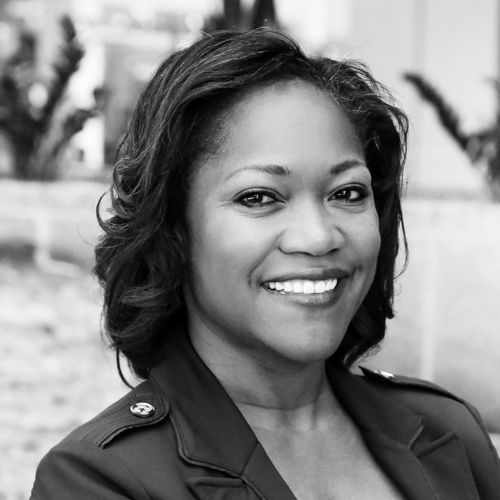When Jill Twedt was in fifth grade, a lawyer came to speak to her class on career day. Surely, few—if any—of her fellow students were quite as enthralled by the visit as Twedt, who went home and confidently announced to her parents, “I want to be a lawyer.”
Many children imagine themselves in different careers at one time or another—police officer, firefighter, doctor—but oftentimes, when they reach their teen years, those early fantasies melt away as their abilities become clearer, and other ambitions come to the fore. But that’s not the case for Twedt, who calmly set about taking each step that would be necessary to fulfill that early prophetic statement.
In high school, she worked summers doing administrative work at a law firm. In college, she entered a joint program with the College of Idaho and the University of Idaho that had her in law school after her third year. At twenty-one years old, there was only one other person in the class who was also that young, but she wasn’t intimidated by the older, more seasoned students—many of whom were on their second career.
“The program at the College of Idaho had been rigorous, so that prepared me,” Twedt recalls. “The amount of work was no different. In a sense, it was just more school.”
Entering law school, Twedt had a goal of one day working for the FBI. Her father was a detective and had many friends who were police officers, which was the world Twedt was most familiar with.
But after 9/11, the FBI’s focus turned away from recruiting lawyers and accountants to finding new recruits who had Arabic language skills. Twedt decided she eventually wanted to have a family—something that wouldn’t exactly fit in with the various travels of an FBI lifestyle. It was left for her to decide exactly what kind of lawyer she wanted to be, and an internship at St. Luke’s Hospital was formative. Only one other lawyer worked there, who soon became a mentor to Twedt. “It was in-house, and I loved it,” Twedt recalls about the experience. “I liked working with one client and doing who-knows-what that might come through the door.”
Even though she recognized then that in-house was what she wanted, her mentor advised her to take a detour. “My mentor told me, ‘If you want to go in-house, then you should get a couple of years at a law firm first to understand risk and litigation and what happens on the outside,’” Twedt says.
Twedt gladly accepted the advice, joining a mid-sized firm where she worked primarily on employment and healthcare regulations. Twedt says she received a great amount of experience there, but that it also cinched her conviction that in-house was a better fit with her temperament and interests.
“That lifestyle just wasn’t working for me,” she says about the billable-hour model. “I preferred to have a traditional workday and then go home and visit with my family and enjoy this beautiful state of Idaho.”
“We have a do-the-right-thing kind of culture, and not all companies have that. It makes compliance a little bit easier. Even if the law requires something less, we may try to do more just because it’s the right thing.”
After four years with the firm, she felt she had learned everything she needed from the experience, and she joined lumber manufacturer and building materials distributor Boise Cascade, where she currently serves as vice president, legal and corporate secretary. As she learned, though, the differences were stark. “When I came in-house, the change of pace was something I consciously had to do,” Twedt says. “When you’re at a firm, you take a phone call, write it down, take another phone call, write it down. The pace here is different. There aren’t the fires to put out all the time. I’m here to go with the flow of the business, whether it’s break-neck speed or slower, more measured business and legal advice.”
The bulk of Twedt’s work is in employment—the role she was originally hired to do. But over time, she’s branched out on the compliance committee and transitioned into a corporate secretary role. Compliance was formerly siloed into different areas, and the committee is working to bring all those sectors under one umbrella with common best practices. Although she doesn’t consider herself an M&A lawyer, Twedt played a major role in the company’s recent acquisition of two engineered lumber mills to help them improve supply service.
“That acquisition was a highlight of my time here,” Twedt says. “I was able to attend the initial meeting with the US Department of Justice to discuss dangers of anti-competition. It turned out they had questions for me about the business, and it felt good to be able to answer those because I know what we do.”
Having taken all the necessary steps to build the legal career she always wanted, Twedt is now looking at a possible move to general counsel, which is something she’s had in her sights for a long while, in part, because of how good she feels about the culture at Boise Cascade. “I have great loyalty for this company,” Twedt says. “I think the culture is different than other companies. We have a do-the-right-thing kind of culture, and not all companies have that. It makes compliance a little bit easier. Even if the law requires something less, we may try to do more just because it’s the right thing.”


